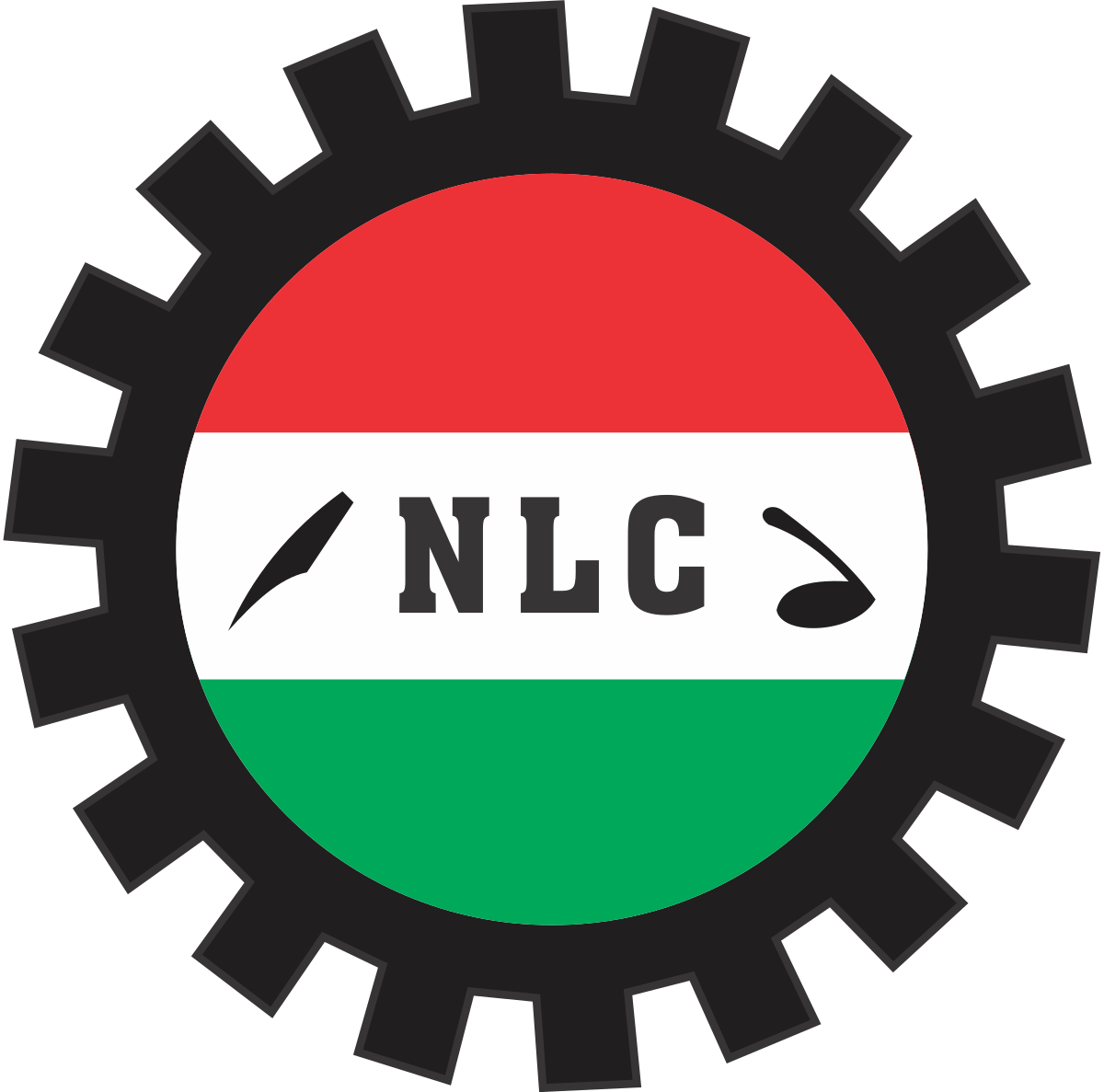The Nigeria Labour Congress (NLC) has raised serious concerns over the increasing use of court injunctions to undermine the rights of workers and suppress union activities across the country.
Speaking at a public event in Abuja, NLC President Joe Ajaero decried what he described as the growing trend of employers and government institutions using legal processes—especially injunctions and ex parte orders—to stifle legitimate labour actions and weaken the voice of organized labour.
Ajaero warned that this misuse of judicial tools poses a major threat to industrial harmony and the constitutional rights of workers to freely associate, assemble, and express their opinions. He questioned why such injunctions seem to be granted swiftly in favour of employers and government agencies, while workers often face judicial delays or denials.
“The judicial process must not be used to further suppress workers and their unions. Rather, it should serve as a shield to protect the weak and vulnerable from exploitation,” he said.
He expressed concern that injunctions intended to preserve the status quo are now being weaponized to halt strikes, protests, and other legitimate union activities, effectively tilting the balance of power in favour of employers.
Ajaero also pointed out a perceived inconsistency in the judicial interpretation of Section 40 of the Constitution, which guarantees the right to freedom of association. He argued that while rights to political and religious affiliation are strongly protected, workers’ rights to unionize often receive less judicial attention.
He urged the National Industrial Court to play a more proactive role in protecting workers’ rights and ensuring justice within the labour sector. According to him, the court must not only resolve disputes but also help maintain the delicate balance of power necessary for meaningful social dialogue between workers and employers.
The NLC president further called for greater education and training in labour law, both for lawyers and judges, to address the knowledge gap in employment relations—especially in light of modern challenges like AI and gig-based work platforms.
He also emphasized the urgent need for the Executive to forward the reviewed Labour Administration Laws to the National Assembly, saying the delay undermines the justice system and hampers efforts to modernize the world of work in Nigeria.
Ajaero concluded by reaffirming the NLC’s commitment to partnering with the judiciary and all stakeholders to build a just and fair industrial relations system that protects workers and promotes national prosperity.
“When justice is guaranteed for labour, the nation prospers,” he stated. “Let us build a system where justice is not a privilege of the powerful, but a right for all who work.”






Post comments (0)